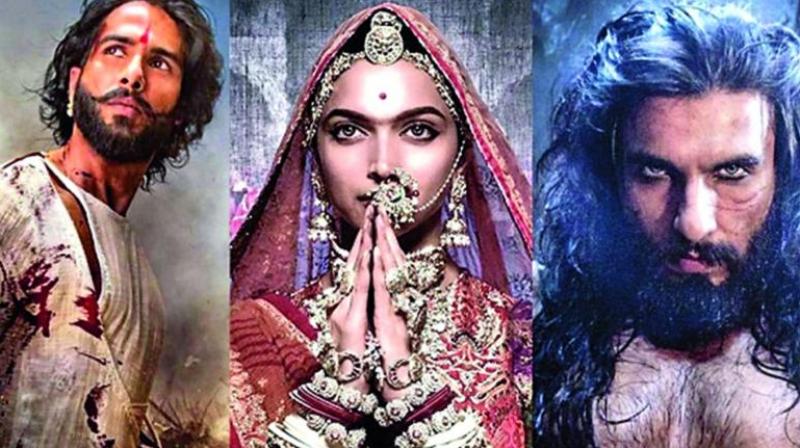Mob protest damages: SC verdict is welcome

In a significant ruling, the Supreme Court has fixed criminal and civil liability on all persons, groups and organisations that call agitations. While dissent is an integral part of life in a democracy and there should be plenty of room for differences, any demonstration or protest should be peaceful. Too often such protests and agitations seem to descend into violence and the perpetrators get away as fixing criminal culpability on a mob is tricky for law-enforcers. But now, with the verdict passed by a three-judge bench, for which Justice A.M. Khanwilkar wrote the order, those who have “initiated, promoted or instigated” violent acts causing damage to public or private property shall be liable to compensate victims. The inclusion of private parties as victims deserving compensation is a key development, and the stringent conditions laid down against rioters should be a deterrent.
The damage to institutions like theatres, art galleries and meeting places where people gather for cultural events has often been extensive, as we saw in the protests against the film Padmaavat. Whatever be the triggers for resistance to a film, the damage to theatres in some states was considerable. The cinema owners were left to deal with repairs and there was no way to fix responsibility for demonstrators turning violent. The fringe group and leaders behind the stir were known, but no one was held culpable for the violence and responsible for paying damages. This ruling may change the very approach to unrestrained public protests. With today’s technology it is possible to pinpoint members of any group behind such violence and leaders can be booked for these acts and be forced to face the consequences.
The landmark order may bring some sense to protests that have tended to run away with emotions and mob recklessness as we are now facing a disconcerting rise in agitations, behind which is the rising intolerance to others’ points of view. The judges were not unduly censorious in noting that there was a deeper malaise to this growing resistance to artistic freedoms as well as the freedom of speech and expression guaranteed by the Constitution. The State’s duty to protect citizens from reprehensible acts of violent agitators has been stressed, and it can’t duck the issue by taking shelter, claiming helplessness in the face of mob violence. What makes the new directions stronger is the fact that persons identified as troublemakers and instigators of violence, along with perpetrators, can be forced to deposit the quantified loss or give surety for the damage caused by them when they seek bail.
Accountability in mob violence is a new concept and the ruling must be welcomed in these contentious times when little things are proving capable of conflagration.

